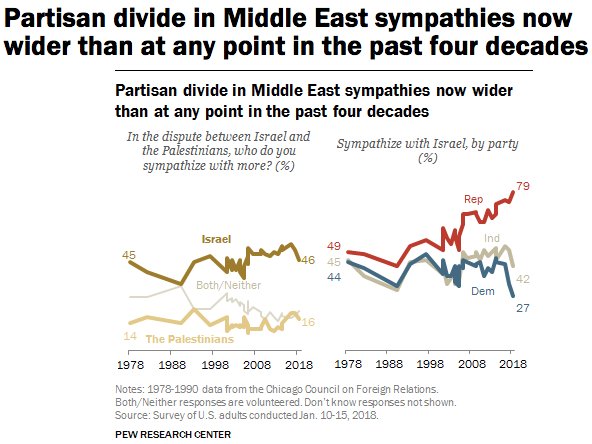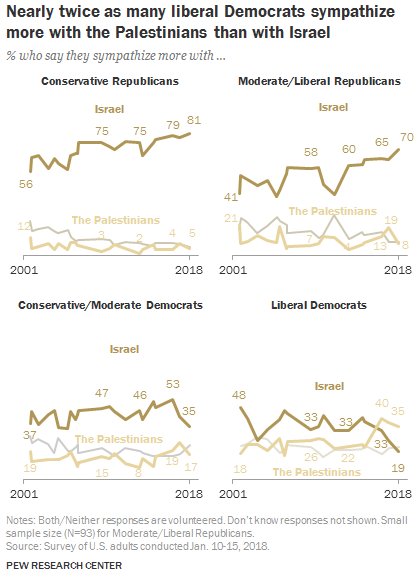As usual, the aim isn’t to cover/summarise the whole text, but simply to pick out particular and sometimes overlooked points of interest.
And, remarkably, what happens: a] is said to fall into the category of ‘things which are good in man’s eyes’ (19.24),
and b] takes place early on in Israel’s history.
And, in ch. 20, when the Israelites gather together to punish the guilty party (& rightly so),
...the Benjaminites decide to take their stand with the guilty men of Gibeah rather than with the rest of Israel,
Ch. 19 is part of a continuous narrative which takes us all the way up to the end of the book of Judges.
Like chs. 17-18, chs. 19-21 begin out in the sticks, and involve an unnamed Levite
And, as is the case in chs. 17-18, what starts out in the sticks ultimately involves a city, at which point it escalates into a national crisis.
The similarity of these two stories seems significant.
Indeed, our text seems to invite us to consider all sorts of imponderables.
Or had the Levite only left earlier in the day. Or had he only left on the 3rd day rather than the 5th day.
The story has a chaos-theory-like undertone to it.
That the characters involved in our text remain nameless is an equally important detail.
(Consider by analogy how much easier it is to justify abortion once we refer to the obj. of the verb ‘abort’ as a ‘foetus’
Indeed, the Levite is treated precisely like a sex object by the men of Gibeah,
while the concubine is treated like ballast which can be cast overboard to save the souls of others,
The namelessness of our text’s main characters also reminds us of the preventative/preservative purposes of law and order.
Block summarises the situation very incisively:
So, then, on to the specifics of our text.
Initially, our text lulls us into a false sense of security.
It introduces us to a Levite who pursues his unfaithful wife and speaks tenderly to her.
As such, he is reminiscent of Hosea. He faithfully plays the role of Yahweh (as all good priests should) insofar as he pursues an unfaithful bride (in Yahweh’s case, Israel).
The story begins to drag, as the same (rather verbose) details are repeated over and over again.
We become anxious as we read--and not a little frustrated.
He has work to get on with, and a life to get back to in Ephraim,
and the repeated pursuit of ‘merriment’ (להיטיב את הלב) in his father-in-law’s house seems purposeless and out of place.
The numbers involved in our text begin to rise.
The Levite arrives with one servant and two donkeys.
He then stays for three days at his father-in-law’s house, at which point it looks as if he will leave.
Meanwhile, different ways to describe a ‘delay’ are piled on top of one another. (להתמהמהות = ‘to wait’ | לחזק ב = ‘to detain’ | לשבת = ‘to abide, remain’.)
At the same time, the night--in particular, that awful night due to be spent in Gibeah--begins to close in.
until the sun finally sets on the Levite & his companions as he enters Gibeah (19.14),
at which point we find the group of travellers alone in an empty city square as the night ominously closes in.
We find the Levite’s concubine prostrate at the door, her hands on the threshold, which symbolises her last desperate attempt to find a source of refuge onto which to cling.
And, just as we think things cannot get any worse, we see the Levite emerge from the house to continue on his journey,
(What happened to the man who ‘spoke tenderly’ to his concubine only 6 nights ago?)
The resonances between our text (19.15-28) and the Sodom & Gomorrah story (Gen. 19) are unmistakable,
At nightfall (בערב), a group of travellers ‘turn in’ (סור) to a city in order to spend the night (לון) there.
Initially, the travellers decide to stay in the open city square (רחוב),
(He seems keen for them not to spend the night in the square; he may know more than he lets on.)
But, as night falls, while relaxation/merriment prevails within the house, a world of iniquity begins to rage outside the door.
(The men of Sodom refer to Lot’s guests as האנשים אשר באו אליך, while the men of Gibeah refer to the Levite as האיש אשר בא אל ביתך.)
He begs them not to act (אַל־תַּעֲשׂוּ) wickedly towards his guests, and offers them two females in exchange,
...whom he says they are free to treat as they please.
...which, tragically, is exactly what the men in question do.
Gibeah has become the new Sodom.
Note: The first time smoke is mentioned in ch. 20, it is accompanied by the def. art. (i.e., it is *the* smoke: העשן),
But while our text has many similarities to the Sodom and Gomorrah story,
While Lot is delivered from Sodom (by his angelic guests), a deliverer is conspicuously and tragically absent from our present text.
The Levite is certainly no angel, nor is he a deliverer,
While Lot’s angelic guests grab him (חזק + ב) and carry him away to safety, the Levite grabs (חזק + ב) his concubine and hands her over to the men of Gibeah.
Note: חוץ has the same gematrial value as סדם (namely 104),
Note also: Our text ends with a very sad instance of wordplay. The Levite’s wife is raped (ענה) all night and is hence left unable to answer (ענה) her master’s call the next day.
Elsewhere in Judges, Adoni-Bezek subjugates 70 kings and hence carves out a kingdom for himself in Canaan,
and Gideon has 70 sons in order to (try to) carve out a similar kingdom.
where the word ‘man’ (איש) occurs 70 times.
which appears to be the case here,
#HelpRequired
#WhenIsACoincidenceJustACoincidence?
but, from time to time, it can be good for us to think long and hard about exactly what is wrong with our fallen race,
It may also be helpful to think about an important difference between the Levite in our text and a later priest.
The Levite started off well in our text, but he did not end well.
Jesus did not hand his disciples over like the Levite did.
Instead, he stepped forward, and said, ‘If you seek me, let these men go their way’.






